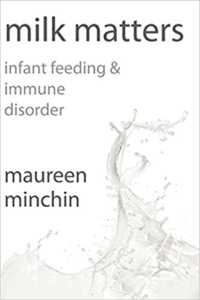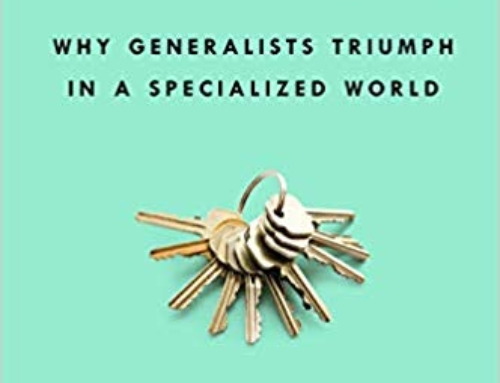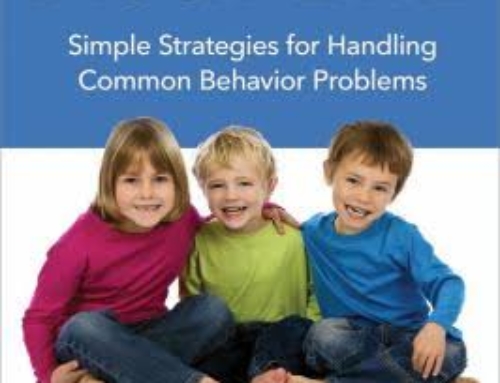 There are few times when a book comes out that should fundamentally change the popular discourse on a topic, but hasn’t (yet). When this happens, it’s often because the message is one that people simply don’t want to hear due to a host of reasons. Milk Matters by Maureen Minchin is one such book.
There are few times when a book comes out that should fundamentally change the popular discourse on a topic, but hasn’t (yet). When this happens, it’s often because the message is one that people simply don’t want to hear due to a host of reasons. Milk Matters by Maureen Minchin is one such book.
Let’s start by what this book is – three books that comprise a full examination of the research on breast milk as it pertains to immune function, the effects of breast milk substitutes in this realm, the role of feeding in infant behaviour (especially colic), and the need for support in a culture that has missed the boat in that realm. As such, it is monstrous, clocking in at 819 pages. But it is complete. In fact, arguably it has become the most complete source for research on infant feeding and the effects on our immune system and functioning that is in existence today.
It’s fair to wonder if the sheer size is what has kept the important messages within from reaching those who should be reading them; however, it should be noted that Ms. Minchin has kindly provided a bit of a guide for various readers as to how to approach the book if you don’t have the time to critically read it all. For example, new parents with a crying baby can jump right to chapters 4 and 5 to get the information they are likely seeking whereas pregnant parents are encouraged to read Books 1 and 2 while saving the rest for post-baby time. So if you have been shy because of the size, rest assured you can break it down (though it would be nice if the books were offered individually to save on cost).
The issue, as I see it, is that in this trilogy of books, Ms. Minchin makes a strong case for a link between artificial feeding and a host of immune problems and behavioural problems in our infants. Just covering the research would probably get her blacklisted by many, but the fact that she dedicates an entire book to how breastmilk substitutes simply can’t measure up, she’s bound to turn off the majority of women and health care providers. Unfortunately in today’s predominantly-formula-feeding-society, there is immense resistance to even having a discussion around the potential and real problems associated with artificial milk. By making her stance unapologetically known, Ms. Minchin faces the uphill battle of overcoming people’s defenses to get them to read the valuable information she provides. This is not lost on her and you will read many times how she acknowledges the automatic defense mechanism that some will face reading this work, but I’m not sure it’s enough to overcome the message being given, no matter how accurate the message is.
This is the only flaw in this trilogy that I can see: I don’t believe it’s able to get mothers and others who do believe artificial feeding is equivalent to breastmilk to see a reason to change their minds. We know that all the research in the world won’t outweigh misguided attempts to place the differences on socio-economic status alone or parroting the somewhat-misunderstood claim that “correlation isn’t causation”. These are go-to responses for those who don’t want to acknowledge that biology and evolution may have the upper hand over man-made creations.
However (yes, there’s a however), that won’t matter if we can get this book to be the de-facto curriculum for health care providers when talking to parents and parents-to-be to help them make educated feeding choices. And before anyone jumps down my throat, educated doesn’t equal breastfeeding full stop, but what Ms. Minchin has compiled for us should at least be covered so families know the possible effects of artificial feeding on immune system functioning so they can weigh this in their decisions and if they choose or have to use formula, they can be prepared for any possible side effect that may come their way.
Knowledge is power. Ms. Minchin has provided us with a tool to empower all parents to better understand infant feeding. Let’s hope we can all move beyond our egos and fears to embrace this information and use it to help families make decisions or look for solutions.
You can purchase the book or read more about it here (affiliate link):






Leave A Comment